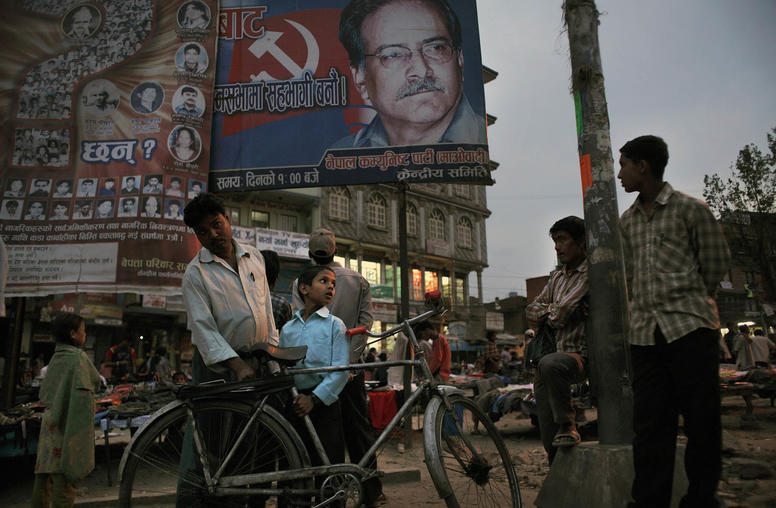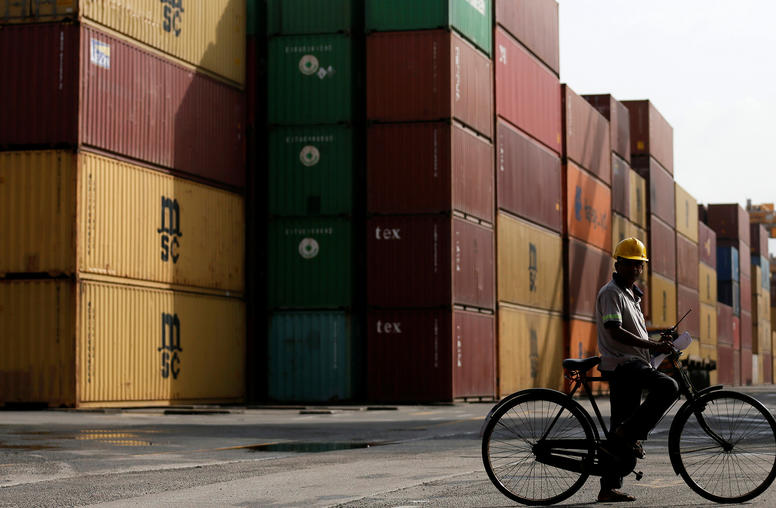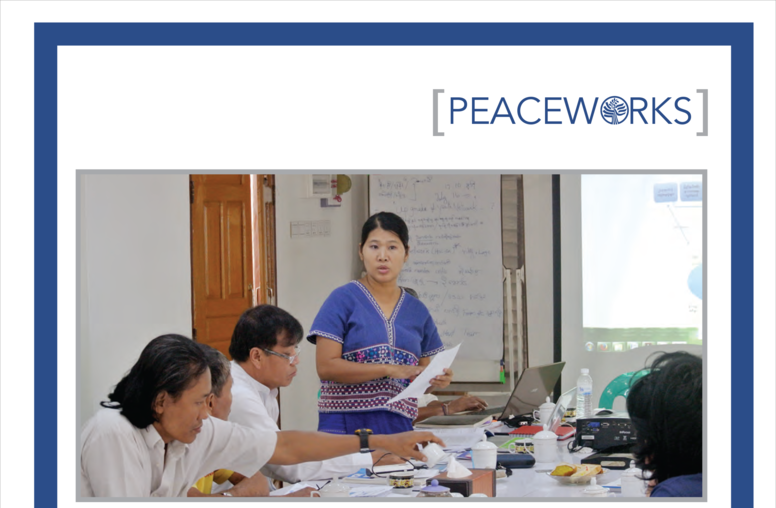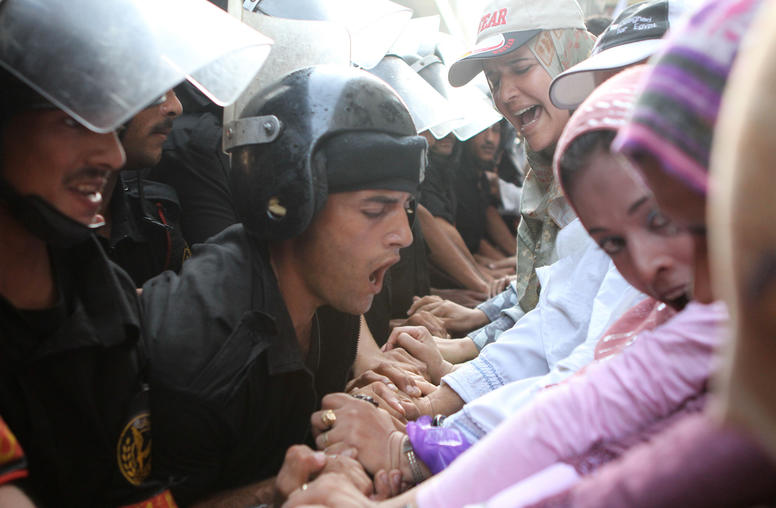Nepal: En Route to Peace and Democracy
Nepal has undergone a series of transformative events over the past two years as it has traversed the rocky road toward peace and democracy. A "people's movement" in April 2006 resulted in the autocratic King stepping down and reinstating the parliament that he had earlier dissolved. Following the movement, a multi-party alliance formed a government and initiated peace talks with the Communist Party of Nepal-Maoists (Maoists) who had engaged in a ten year armed conflict. The talks resulted in a peace agreement, thus officially ending the armed conflict. After signing the agreement, the Maoists joined the interim government.
The following months presented numerous challenges as the political parties struggled for power as well as consensus, and violence continued in many parts of the country. In April of this year, constituent assembly elections were held to select members of the new legislative body that would draft a new constitution. Maoist candidates and their party received the largest number of seats in the constituent assembly. The constituent assembly declared Nepal a republic and officially ended the monarchy in Nepal on May 28th. What happens next and what are the challenges and opportunities facing Nepal as it strives to become a peaceful and democratic nation?
Speakers
- Tamrat Samuel
Former Deputy Special Representative of the Secretary General for Nepal, United Nations - Evan A. Feigenbaum
Deputy Assistant Secretary for South and Central Asian Affairs, Bureau of South Asian Affairs, U.S. Department of State - Colette Rausch, Moderator
U.S. Institute of Peace



